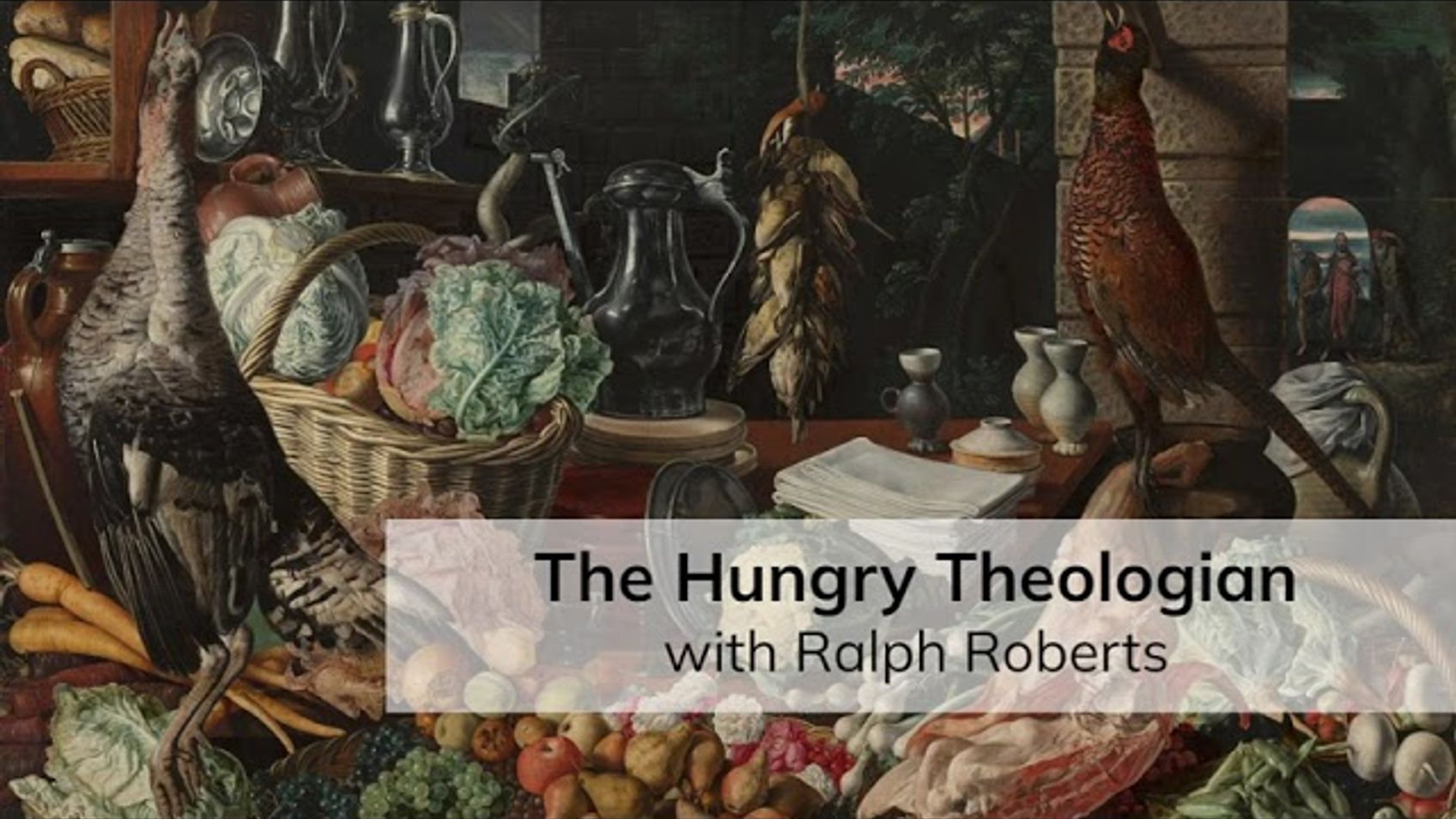The Hungry Theologian (with Ralph Roberts)

Ralph Roberts of the YouTube channel The Hungry Theologian (https://www.youtube.com/channel/UCQNK_Y9aRWuRerQXSzQz2QA/) joins me for a wide-ranging conversation about food, cooking, meals, and eating and their relationship to Christian faith.
If you have enjoyed my videos and podcasts, please tell your friends. If you are interested in supporting my videos and podcasts and my research more generally, please consider supporting my work on Patreon (https://www.patreon.com/zugzwanged), using my PayPal account (https://bit.ly/2RLaUcB), or by buying books for my research on Amazon (https://www.amazon.co.uk/hz/wishlist/ls/36WVSWCK4X33O?ref_=wl_share).
The audio of all of my videos is available on my Soundcloud account: https://soundcloud.com/alastairadversaria. You can also listen to the audio of these episodes on iTunes: https://itunes.apple.com/gb/podcast/alastairs-adversaria/id1416351035?mt=2.
More From Alastair Roberts
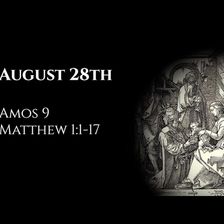
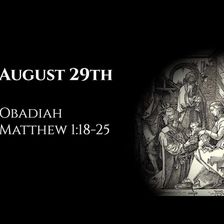
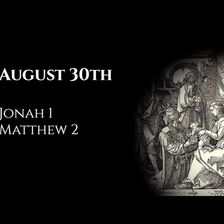
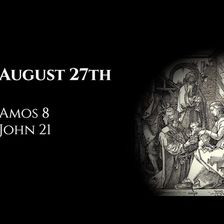
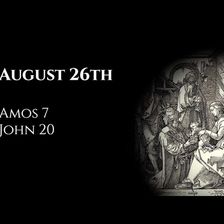
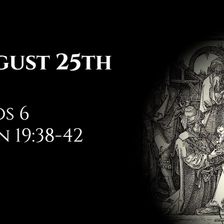
More on OpenTheo















